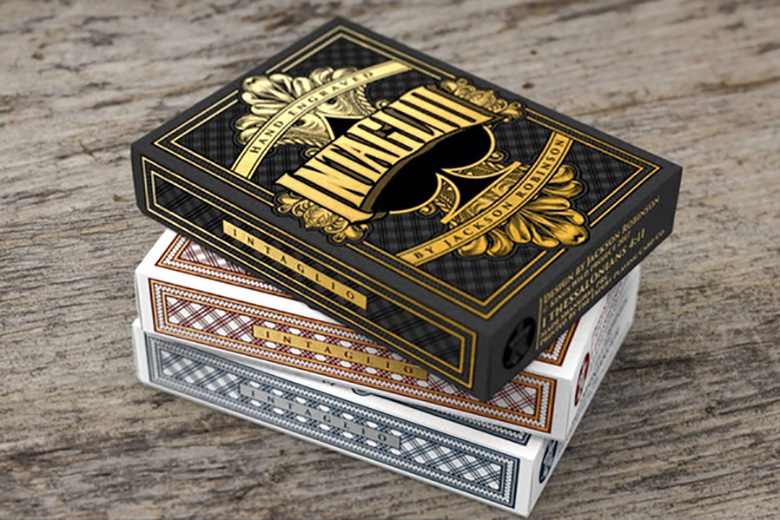
When asked how many hours a day he spent on the campaign, Rabins said, “ All day. He offered 2-for-1 tickets to dinners at his underground supper club, The Wild Kitchen, to backers-and ended up giving away $70,000 worth of tickets.
WILD DOSE KICKSTARTER MOVIE
Rabins threw four events, including a ramen night and screening of the movie Tampopo, during his Kickstarter campaign to raise $150,000 for Forage Kitchen, a food co-working space in the San Francisco Bay Area.
WILD DOSE KICKSTARTER ISO
“It costs a lot more money than you imagine it will, and it costs an amazing amount of time,” said Iso Rabins. As of publication, there are 8,201 food projects-ranging from sous vide cookers to cookbooks, food trucks to full-blown restaurants-listed on the website. The use of Kickstarter for restaurants is on the rise, CEO Yancey Strickler told Eater in a March interview.
WILD DOSE KICKSTARTER PLUS
Kickstarter itself also takes a cut of the funding, plus payment processing fees. The money comes with no strings attached (i.e., contributors are not investors), other than rewards offered to entice prospective donors during the campaign, like T-shirts and comped meals. So, would-be restaurateurs out there, is it worth venturing into this brave new world of crowdfunding to bypass or augment more traditional means of financing your dream? Here are some questions to guide you through the decision:Īspiring business owners and artists use the site to raise money for projects that succeed or fail depending on whether they meet a self-set funding goal over a set number of days. In a world where simply asking for money to make potato salad can bring in over $50,000, as it did in a recently-viral Kickstarter campaign, the money more often flows much less freely. (Full disclosure: I work at a crowdfunding site for journalism, Beacon Reader).īut successful crowdfunding requires time and often, surprisingly, financial investment, at a point in most restaurateurs’ careers when both are in short supply. Along with similar crowd-funding websites like Indiegogo, it gives entrepreneurs the chance to connect directly with potential customers.

Since 2009, Kickstarter has offered the attractive possibility of cutting the strings that accompany traditional restaurant funding: bank loans accruing interest, private investors who have to be regularly updated on the business's finances, who pop by to ask questions and weigh in on menu items, and who take a cut of the profits. (As of July 1, she had five portraits remaining.) And the campaign and reward fulfillment were just two of many time-consuming tasks associated with opening the business. The portraits only take about 30 minutes to produce, but around 50 people paid for them, and Blueher was simultaneously building out Butter & Scotch’s new space, producing baked goods for wholesale and market sales, and catering during the busy wedding season. But over half a year later, Blueher, a former portrait artist, was still working her way through the stack of rewards-custom portraits-she owed her backers. In fact, Kave and Blueher beat their $50,000 Kickstarter goal by $1,618. So, like so many restaurateurs before them, they decided to try Kickstarter.Īnd, like so many restaurateurs before them, they discovered that Kickstarter is not magic. They researched bank loans, Small Business Administration loans, and loans from direct lenders to make up the rest of their financing, but were reluctant to take on debt. “We were definitely feeling like we had exhausted most of the contacts that we had,” Kave said. Blueher, the owner of Kumquat Cupcakery, and Kave, of First Prize Pies, had already gone to private investors, but were short of the money they needed to open their new business (Kave and Blueher declined to provide overall startup costs on the record).

In October, they asked the Internet for $50,000 to help make their dream a reality. In a borough that has seemingly every food possibility, Butter & Scotch would be Brooklyn’s first dessert and craft cocktail bar.

One where not coffee but cocktails would accompany the sweet treats. Two years ago, when Keavy Blueher and Allison Kave were each food business owners schlepping around New York City to deliver baked goods, they dreamed up a beautiful future together: One where they could serve Blueher’s cupcakes and Kave’s pies in a single, fantastic place.


 0 kommentar(er)
0 kommentar(er)
